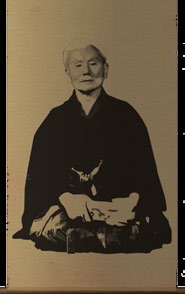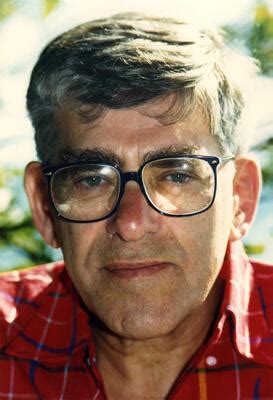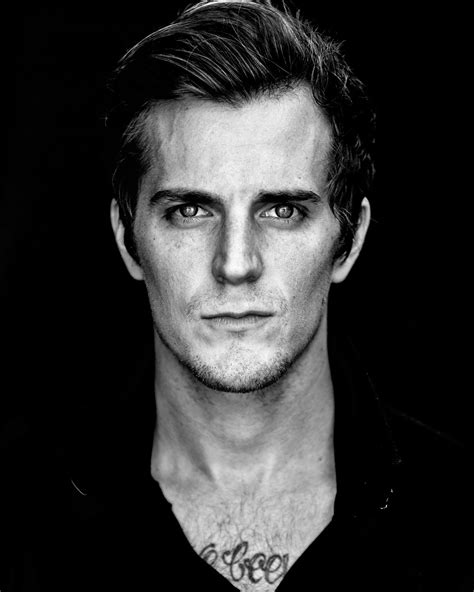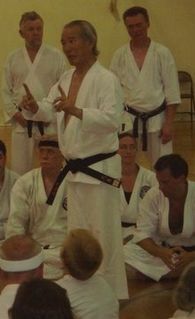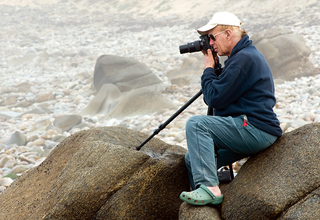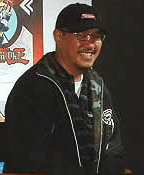A Quote by Shigeru Egami
The techniques should not be practised simply so they can be performed in the kata. Since karate is a fighting art each technique and movement has its own meaning. The karateka must consider their meaning, how and why they are effective, and practise accordingly
Related Quotes
Music, and art for that matter, to me is not about true meaning to anyone else but yourself. If I told you the meaning of it all from my point of view it would erase the intimacy of art. I feel like art is up for interpretation, so if I told you my meaning, how could you truly relate it to anything that “you” personally are going through?? That is the beauty of art and music in particular
I want each poem to be ambiguous enough that its meaning can shift, depending on the reader's own frame of reference, and depending on the reader's mood. That's why negative capability matters; if the poet stops short of fully controlling each poem's meaning, the reader can make the poem his or her own.
Each one of us starts Karate with some particular reason: to be a good fighter, to keep in good shape, to protect oneself. I wanted to become very strong myself when I first began. But Karate training soon teaches that real strength is facing oneself strictly, with severe eyes. This is the first condition of martial arts training. Therefore, all karateka must be strong inwardly, but quite gentle to others. As we train together, each contributing to a good atmosphere, let's try to bring out that serious strong mentality from deep inside.
I started my professional life as a philosopher of language and for several years took the orthodox line that meaning is an essentially linguistic phenomenon. Whether as a result of simply listening to everyday talk about meaning, or reading books of anthropology, sociology and art history, it dawned on me that there is nothing at all privileged or central about linguistic meaning.
Consider a movie: it consists of thousands upon thousands of individual pictures, and each of them makes sense and carries a meaning, yet the meaning of the whole film cannot be seen before its last sequence is shown. However, we cannot understand the whole film without having first understood each of its components, each of the individual pictures. Isn't it the same with life? Doesn't the final meaning of life, too, reveal itself, it at all, only at its end, on the verge of death?
Hoping to see karate included in the universal physical education taught in our public schools, I set about revising the kata so as to make them as simple as possible. Times change, the world changes, and obviously the martial arts must change too. The karate that high school students practice today is not the same karate that was practiced even as recently as ten years ago [this book was written in 1956], and it is a long way indeed from the karate I learned when I was a child in Okinawa.
As soon as you look at the world through an ideology you are finished. No reality fits an ideology. Life is beyond that. That is why people are always searching for a meaning to life. But life has no meaning; it cannot have meaning because meaning is a formula; meaning is something that makes sense to the mind. Every time you make sense out of reality, you bump into something that destroys the sense you made . Meaning is only found when you go beyond meaning.
I want each character to be as unique as possible. I want them to reflect something of who they are in the way that they move and in how their bodies work. That was foremost in my head when I was writing Salvage: I wanted every gesture, every little movement, to really carry meaning and communicate meaning to the reader. I was very conscious of that when I was writing.
Every form has its own meaning. Every man creates his meaning and form and goal. Why is it so important - what others have done? Why does it become sacred by the mere fact of not being your own? Why is anyone and everyone right - so long as it's not yourself? Why does the number of those others take the place of truth? Why is truth made a mere matter of arithmetic - and only of addition at that? Why is everything twisted out of all sense to fit everything else? There must be some reason. I don't know. I've never known it. I'd like to understand.

